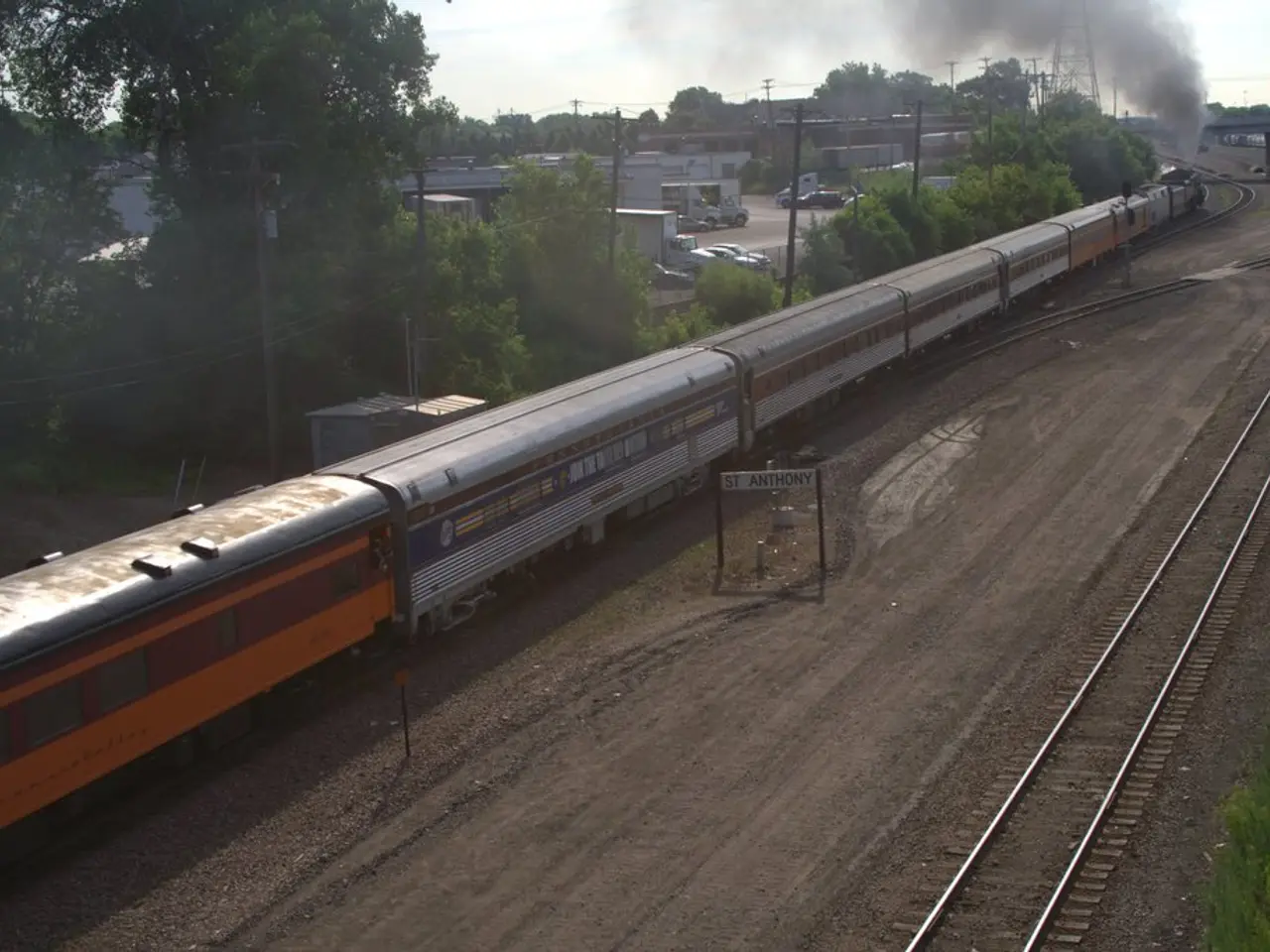Quitting the administration's impact on an individual
In an exclusive long-form interview with Beth Rigby, Anneliese Dodds, the former International Development Minister and Women and Equalities Minister in Labour's government, discussed her perspective on the government's performance in its first year, the challenges faced, and the need for tax reform.
Dodds found the decision to resign from Sir Keir Starmer's government difficult due to her ingrained support. The days leading up to her telling the prime minister about her resignation were uncomfortable for her. Despite this, she remained candid about the challenges faced by Labour in its first year, particularly due to the UK's high levels of debt and the difficult economic circumstances inherited from previous governments.
Dodds argued that more taxation is necessary to fund public services and address fiscal challenges. She emphasized that tough decisions on taxation cannot be avoided if the government is to succeed in its economic aims. One such proposal she urged Labour to consider is a wealth tax as part of the funding strategy for the upcoming autumn budget.
Dodds acknowledged the risks involved in government economic policy but maintained that the reality of high public debt necessitates facing up to the need for increased revenue measures. She reflected on Labour's position as having relatively highly taxed working people compared to previous decades but insisted that the government needs to grapple with the economic context.
In the interview, Dodds also gave her assessment on Labour's economic policy, highlighting Labour's achievements in its first year, such as international agreements on global hunger and legislative progress with a draft employment bill. However, she maintained that the economic context demands increased revenue measures.
It is worth noting that Dodds once served as the shadow chancellor in Opposition, indicating a close relationship with the prime minister. However, she resigned from Sir Keir Starmer's government, a fact she addressed in the interview. The prime minister was otherwise engaged at the time of her resignation, specifically, sitting in the White House with Donald Trump.
This was Dodds's first long-form interview since stepping down from Labour's front bench, providing a unique insight into her thoughts on Labour's economic policy and the need for tax reform. The podcast, which is available on YouTube, provides Dodds's perspective on how the government can "change" for the better, going into its second year.
Dodds emphasized that the economic context, as defined by high public debt and challenging financial circumstances, demands a focus on increasing revenue through taxation measures. She argued that this is essential for funding public services and addressing fiscal challenges, as well as for Labour's success in its economic goals.
During the interview, Dodds reflected on the need for tax reform, particularly a wealth tax, in the upcoming autumn budget as a means of balancing the UK's budget and managing war-and-conflicts, politics, and general news that may arise due to economic instability. She also highlighted the importance of a comprehensive understanding of politics and economic policies in order to make informed decisions and drive change, both within her party and the government.








